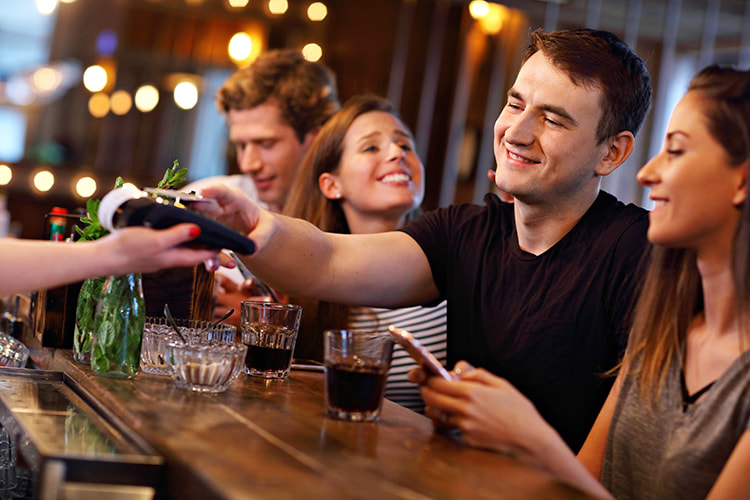
Tipping can often feel like a minefield of uncertainty. Who should you tip, and how much is appropriate? The standards vary widely depending on the service, cultural expectations, and regional norms. Whether at a restaurant, in a taxi, or getting your hair styled, understanding tipping etiquette can help you navigate these situations confidently.
Where to Tip
The decision to tip and where it's appropriate often depends on cultural and situational factors. In the U.S., tipping is customary in many service-based industries, where workers often rely on tips to supplement their wages. For example:
- Restaurants: Tipping is customary for servers who provide table service, as their wages are often structured to include gratuity as a significant component.
- Bars: Bartenders also rely heavily on tips and generally expect gratuity for their service.
- Hotels: Staff members such as bellhops and housekeepers often appreciate tips for their efforts in making your stay comfortable.
Tipping is not legally required in these scenarios but is seen as a social contract acknowledging the value of the service provided.
When to Tip
Knowing when to tip is equally important. Tipping is often expected in service-based interactions where personal care, effort, or convenience is provided. Here are some common tipping scenarios:
- Dining Out: When a server brings your food and refills your drinks, tipping is customary at the end of the meal.
- Delivery Services: Whether it's food or packages, tipping acknowledges the effort made to bring items directly to your doorstep.
- Travel and Hospitality: Valet parking attendants, hotel staff, and taxi or rideshare drivers often expect a tip for their assistance.
How Much to Tip
Determining the right amount can be tricky. While there's no one-size-fits-all answer, there are general guidelines you can follow:
- Restaurants: 15–20% of the bill, depending on the quality of service.
- Bartenders: $1–$2 per drink or 15–20% of the total tab.
- Food Delivery: $3–$5, or 10–15% of the bill for larger orders.
- Hair Stylists: 15–20% of the service cost.
- Movers: $20–$50 per mover, depending on the complexity and size of the move.
- Valet Parking: $2–$5 when your car is returned.
- Hotel Staff: $1–$2 per bag for bellhops, and $3–$5 per night for housekeeping.
- Room Service: $5, unless already included in the bill.
Emotional and Social Tipping
Tipping is not always a calculated decision; sometimes, it's emotional or driven by social reasons. For example, if a server shares a personal story that resonates with you, you may tip more generously. While this is not required, it's an example of how tipping can be a way to show appreciation beyond the standard guidelines.
Key Considerations
When tipping, keep the following tips in mind:
- Check the bill to ensure a gratuity hasn't already been included.
- Tip discreetly and respectfully.
- Calculate your tip based on the full amount, even using a gift card or coupon.
- Ask if tipping is customary if you're unsure, especially in unfamiliar situations or when traveling internationally.
Final Thoughts
Tipping is ultimately a personal decision influenced by cultural norms, financial circumstances, and individual preferences. While it's essential to acknowledge good service, tipping should not feel like a burden. Understanding general guidelines and considering each situation, you can approach tipping with confidence and generosity. Remember, tipping is not just about money—it's about showing gratitude and respect for the services that make your life easier and more enjoyable.